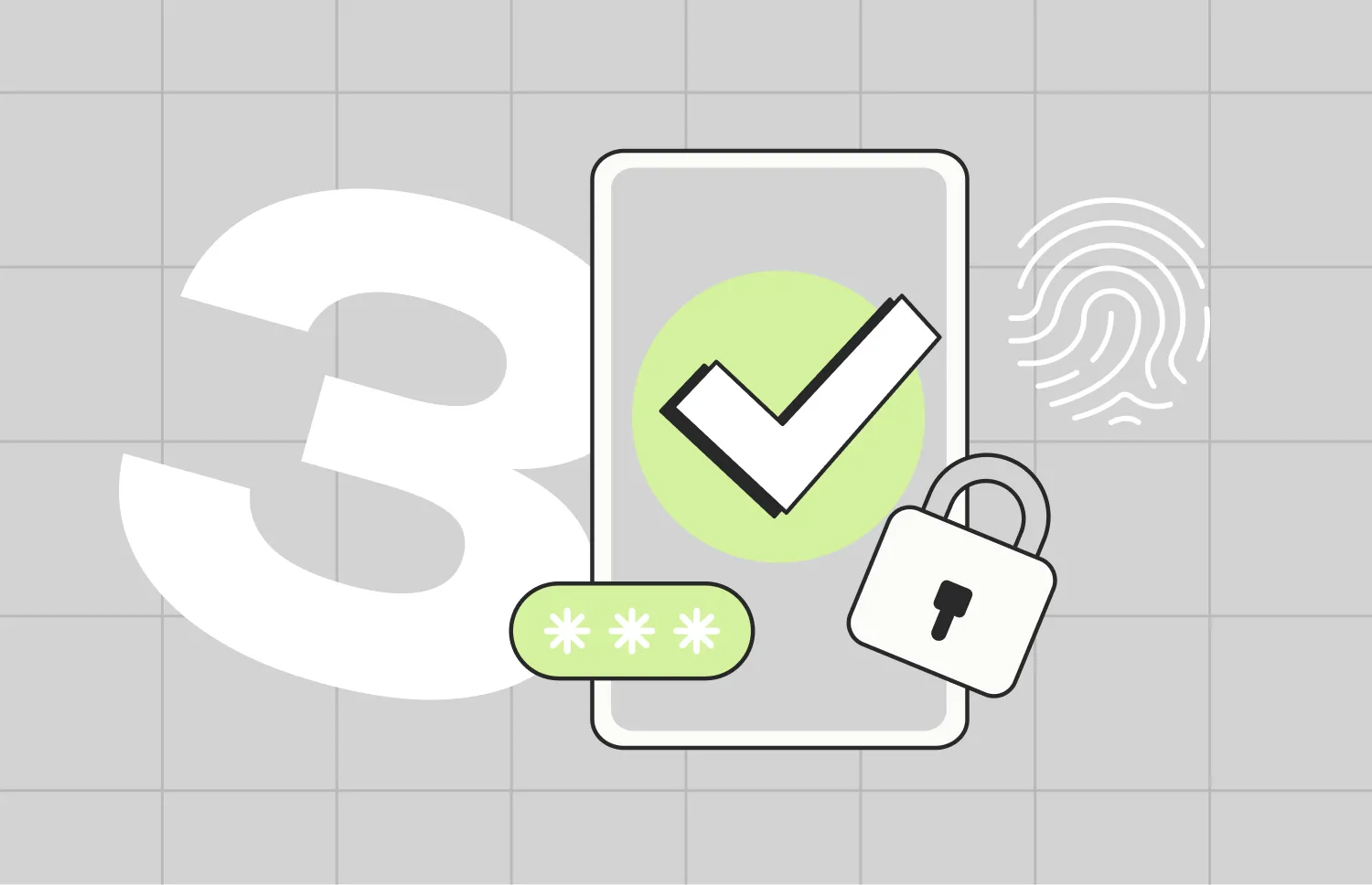Thank you!
The form has been successfully submitted
The form has been successfully submitted
Oops! Something went wrong, please try again

Cybersecurity is one of the key pillars of long-term business sustainability. Without proper investment in it, 95% of companies cease operations within their first year. And this doesn’t just apply to large corporations. Small and medium-sized businesses are also highly vulnerable to cyberattacks.

If your company uses VoIP, vulnerabilities in virtual number protection can lead to significant financial and reputational losses. Before implementing them, it’s crucial to understand the main risks and how to safeguard your corporate communications.
Virtual numbers for business are phone numbers not tied to a physical SIM card or landline phone.
Because they are not attached to a specific device or SIM card, calls to a virtual number can be managed from any device with Internet access, anywhere in the world.
Despite major cost savings and high call connection rates, calls to virtual numbers transmitted over the Internet remain potentially vulnerable to cyber threats. That’s why strong connection security is a key factor when choosing a provider.
Hackers can gain unauthorized access to your virtual numbers by breaching user accounts. Once inside, they can impersonate your business, calling clients to extract confidential information or trick them into financial transfers.
Fraudsters can also spoof your corporate numbers to deceive employees into disclosing sensitive data or approving unauthorized transactions.
Online calls can be intercepted in the same way as unprotected messages or emails. Inadequate cybersecurity measures put your business at risk of corporate and client data leaks.
In addition, access to VoIP and virtual numbers can be compromised if employee login credentials are intercepted. This increases the risk of other attacks such as SIM swapping or account hijacking.
Not all virtual numbers have a clean reputation. If your provider does not verify the numbers it offers, your new number may already be blacklisted by spam or antifraud systems. As a result, telecom operators could block your calls as “unwanted.”
Weak points in your company’s cybersecurity can compromise data such as:
More than 65% of companies that suffer data breaches never fully recover. The financial impact is one of the main reasons - the average global cost of a breach is $4.44 million. These losses often include:
As with any digital system, protecting virtual numbers starts with implementing strong information security practices.
Multi-factor authentication (MFA) protects accounts in 99.9% of cases. After it’s enabled, employees must verify their identity through two or more factors:

MFA is one of the most effective tools against communication fraud. It prevents unauthorized access to your accounts and virtual numbers, blocking phishing and account takeover attempts.
Encrypting inbound and outbound call traffic is essential for secure online communication. Even if someone intercepts data packets in transit, encryption ensures they can’t extract meaningful information.
It’s also important to encrypt messages when using virtual numbers.
For full protection, enable end-to-end encryption between endpoints. Make sure your provider uses SRTP (Secure Real-Time Protocol) for media encryption and Transport Layer Security (TLS) or SIP over TLS to protect metadata.
When choosing a virtual number provider, pay attention to:
Secure VoIP communication relies not only on technology but also on user behavior. To protect your company and customers:
Looking for a provider that treats your security as a built-in priority?
DID Global’s virtual numbers are fully protected against data interception and account breaches. Expand your business globally without cyber risks with secure virtual numbers available in over 150 countries worldwide.